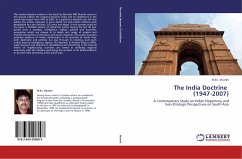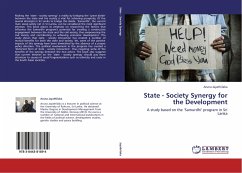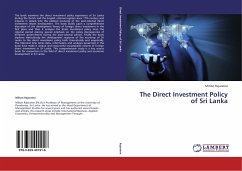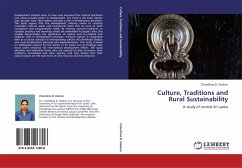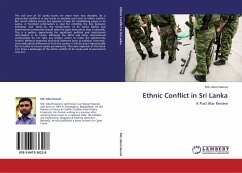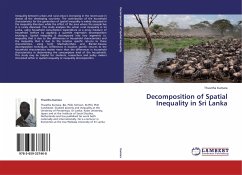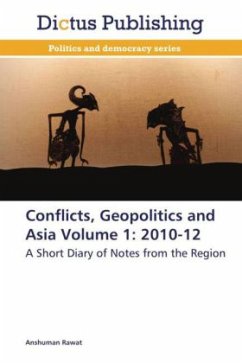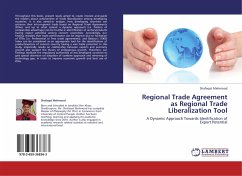
Regional Trade Agreement as Regional Trade Liberalization Tool
A Dynamic Approach Towards Identification of Export Potential
Versandkostenfrei!
Versandfertig in 6-10 Tagen
33,99 €
inkl. MwSt.

PAYBACK Punkte
17 °P sammeln!
Throughout this book, present study aimed to create interest and guide the readers about achievement of trade liberalization among developing countries. It is also aimed to analyze, how developing countries can enhance their intra-regional trade based on Regional Trade Agreements (RTAs), and up to what extend a dynamic approach (i.e. Pattern of comparative advantage) can be fruitful in identification of sectors/products having export potential among concern economies. Accordingly, our finding revealed that trade performance can be improve due to formation of RTAs (i.e. Preferential or Free tra...
Throughout this book, present study aimed to create interest and guide the readers about achievement of trade liberalization among developing countries. It is also aimed to analyze, how developing countries can enhance their intra-regional trade based on Regional Trade Agreements (RTAs), and up to what extend a dynamic approach (i.e. Pattern of comparative advantage) can be fruitful in identification of sectors/products having export potential among concern economies. Accordingly, our finding revealed that trade performance can be improve due to formation of RTAs (i.e. Preferential or Free trade agreements), and Balassa s (1965) Index can be considered as an appropriate tool for the identification of products/sectors of concern country having a vast trade potential. In this study, empirically results on relationship between exports and economy growth also support the theory of endogenous growth. Therefore, our findings facilitate the regulatory authorities of less developed countries to give special attention on adoption of combine approach and removing of technology gap, in order to improve economic growth and best use of RTAs.



